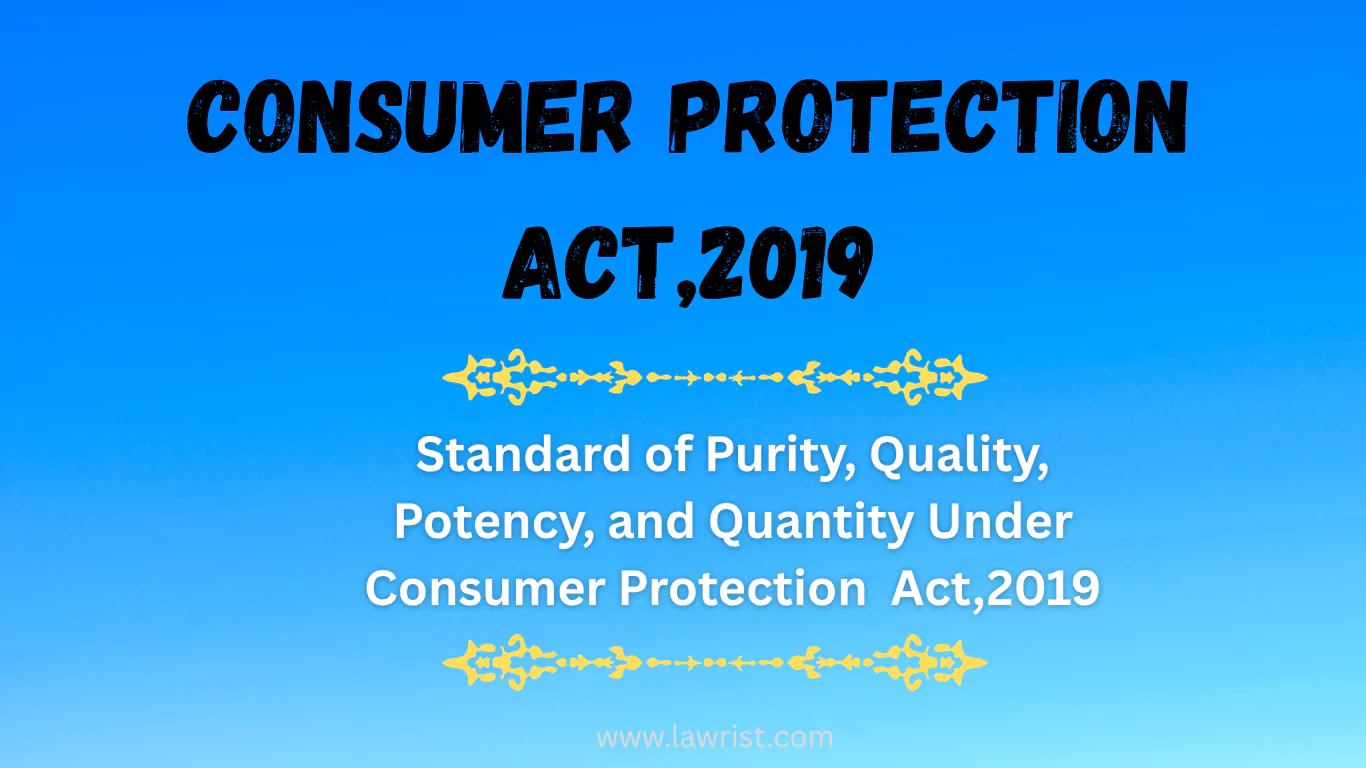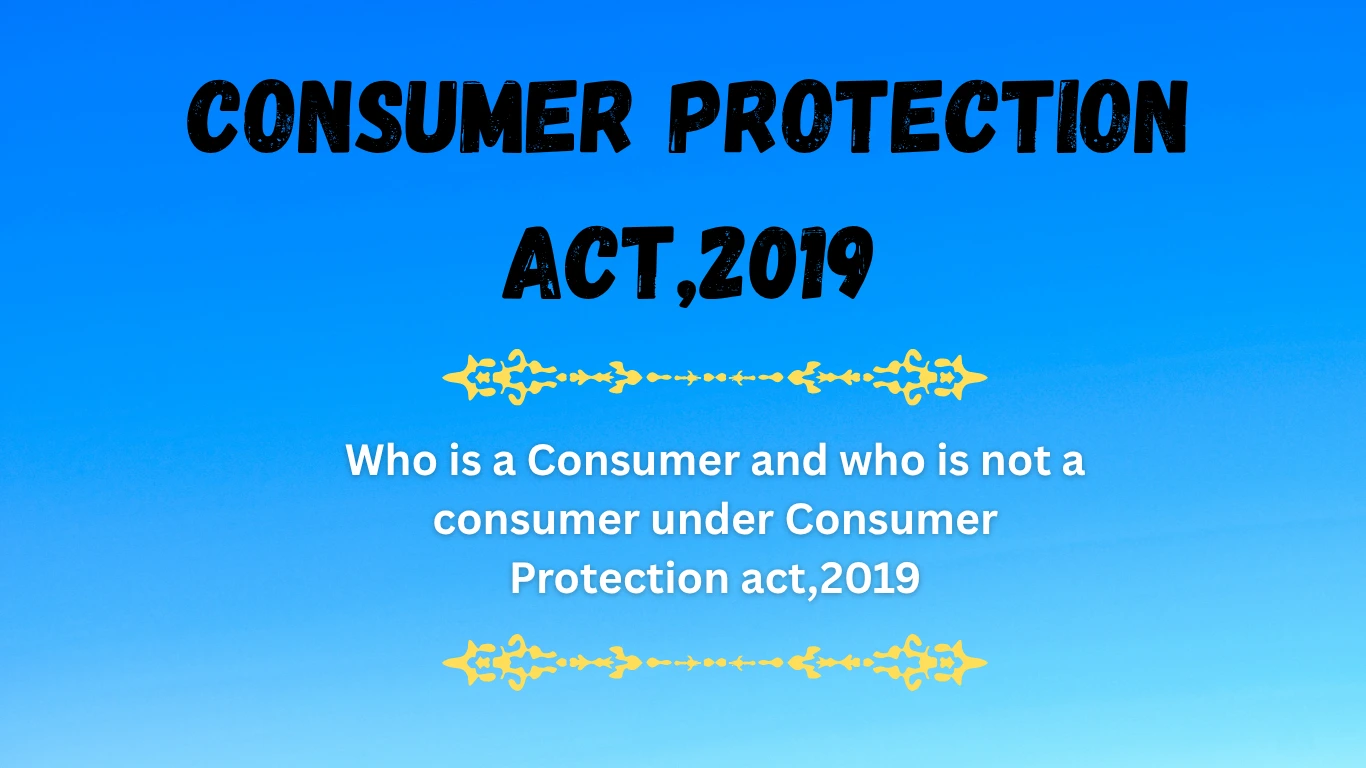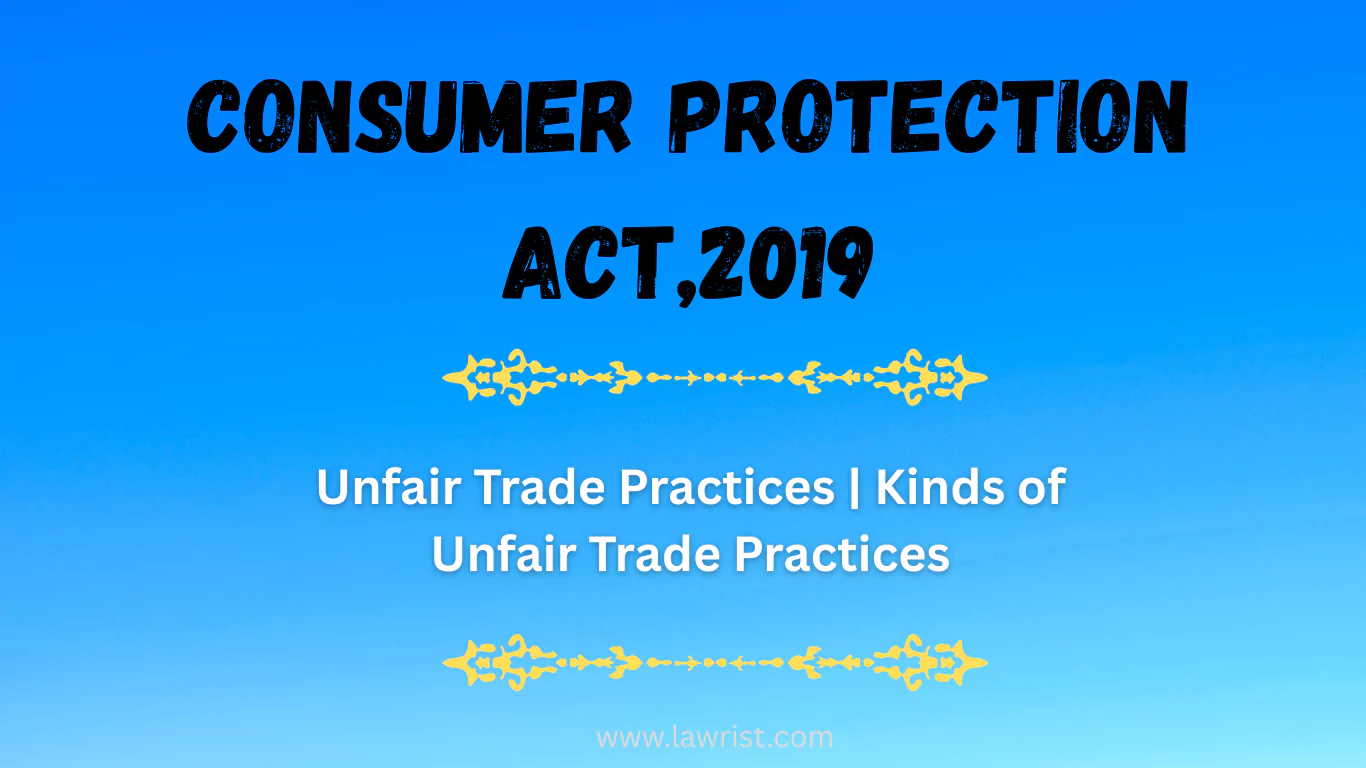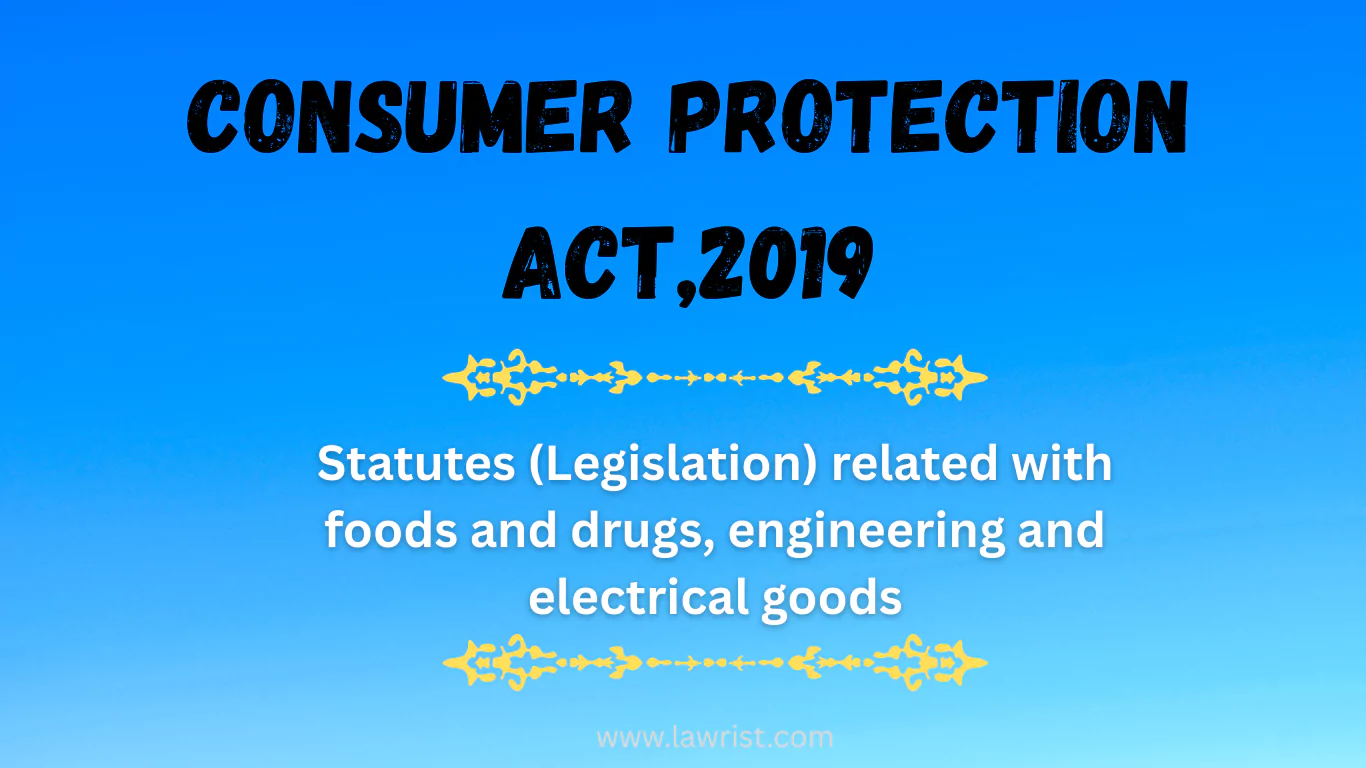Under the Consumer Protection Act (CPA), standards for purity, quality, quantity, and potency are crucial aspects of consumer rights and protect against unfair trade practices. These standards ensure that consumers receive goods and services that meet certain quality and performance expectations, preventing them from being harmed by substandard products.
Various organisation for ensuring the same are as follows: -
- Bureau of Indian Standard (BIS) (1986):
- BIS is an open regulator of standardized and quality certification of good.
- It allows the manufacturer to use Indian Standard Institute (ISI) mark.
- BIS also separate hall marking license system for gold and silver jewellery.
- Quality Council of India (QCI) (1997):
- QCI is a non-profit society registered under society’s registration act with the funding from Commerce Ministry and Federation of Indian Chamber of Commerce and Industry.
- QCI helps the industry to adopt the quality standards like ISI, ISSO, KIZAN, etc.
- QCI provides certification of zero defect and zero effect manufacturing to MSME industries.
- National Productivity Council of India (NPC) (1958):
- NPC is an autonomous body set up under DPIIT (Department for Promotion of Industry and Internal Trade).
- NPC provides research and consistency service for industrial engineering, agri businesses, quality management, human resources management to the companies.
- NPC represents India at Asian Productivity Organisation, headquartered in Tokyo, Japan.
- Bureau of Energy Efficiency (BEE) (2001-2002):
- BEE is set up under energy conservation act, 2001.
- BEE’s energy star labelling logos help the consumers to decide which electric appliance is more efficient than other brands.
- This labelling is compulsory for refrigerator, AC, tube light, colour TV, electric geyser, inverter etc.
- This labelling is voluntary for other appliances like computer, ceiling fan etc.
- Food Safety and Standard Authority of India (FSSAI) (2006):
- FSSAI lies down scientific standard for food manufacturing, storage, distribution, sale and import in India.
- FSSAI chairman may be a non-bureaucrat food scientist.
- FSSAI Act repelled previous central acts like Prevention of Food Adulteration Act, 1954, and other laws/orders for fruits, meat, edible oil, or milk products etc.
The CPA provides consumers with rights to be informed about and protected from defective goods, which includes those with issues in purity, quality, quantity, and potency. This helps ensure that consumers receive products that meet their needs and expectations, promoting fair trade practices and protecting consumers from harm.



